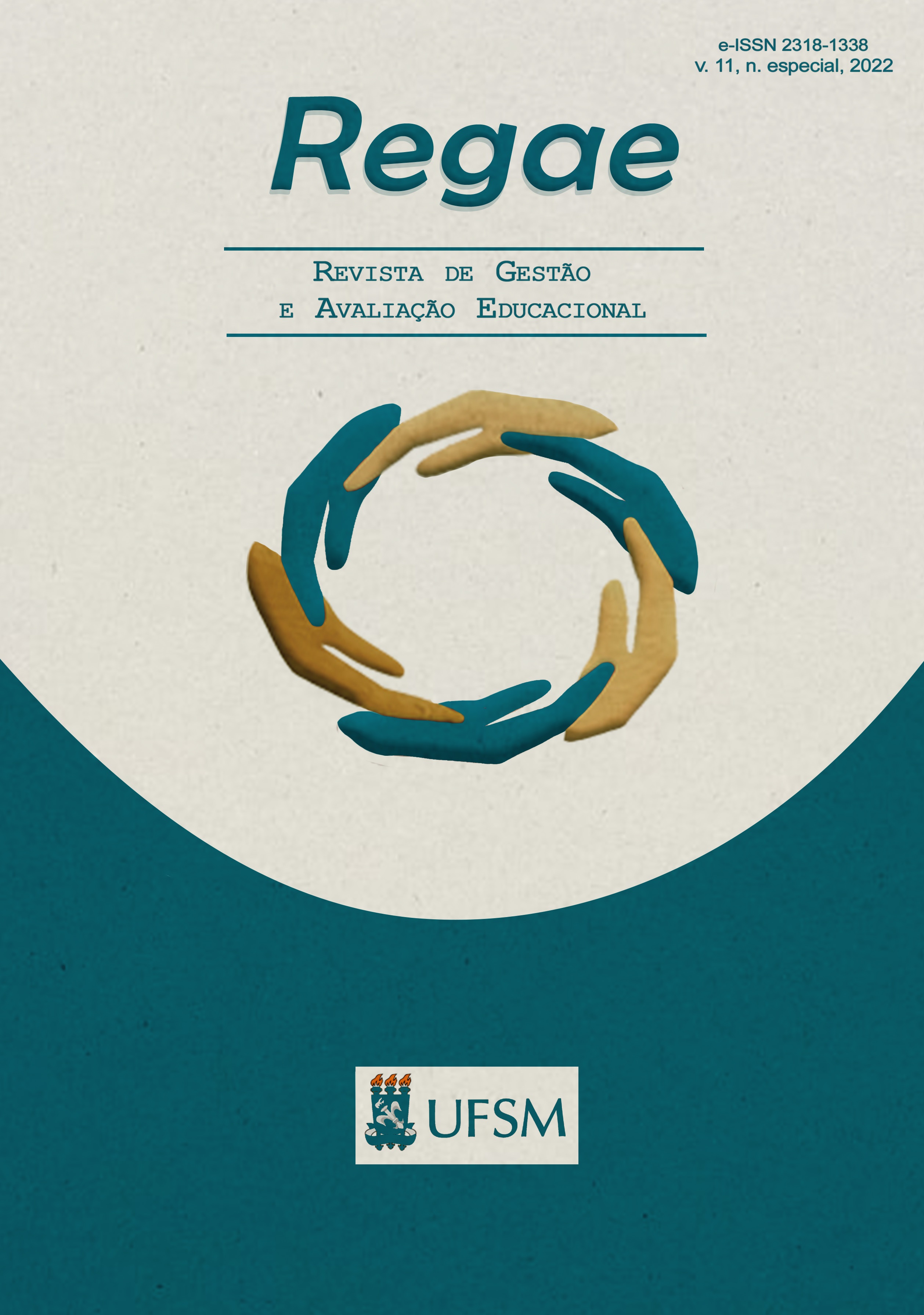Challenges and perspectives of a research ethics committee in Southern Brazil: Porto Alegre experience report
DOI:
https://doi.org/10.5902/2318133872141Keywords:
ethics committee, Porto Alegre, public administrationAbstract
The Research Ethics Committees have the role of protecting the rights of human beings in the midst of scientific research, guaranteeing ethics and the reduction of risks and damages. In this context, the Research Ethics Committee was created in Porto Alegre in 2005. It is a consultative, deliberative and educational collegiate body responsible for analyzing research projects involving municipal public services. This article presents the experience of this Committee, through its trajectory, frequent ethical issues and future perspectives. Its advances in these two decades of existence in guaranteeing ethics in research carried out in the municipality are remarkable, as well as there is clarity of future paths and the needs for the continuity of these actions.
Downloads
References
BATISTA, Katia Torres; SEIDL, Eliane Maria Fleury; SCHWARTZMAN, Ulisses Pietro Y; MARTINS, Valney Claudino Sampaio; TABET, Livia Pena. Análise dos Termos de Consentimento em pesquisas submetidas a um Comitê de Ética em Pesquisa. Comunicação em Ciências da Saúde, v. 29, n. 01, 2019, p. 45–51. DOI: https://doi.org/10.51723/ccs.v29i01.211
BRASIL. 1996. Conselho Nacional de Saúde. Ministério da Saúde. Resolução 196 de 10 de outubro de 1996. Diretrizes e Normas Regulamentadoras de Pesquisas envolvendo Seres Humanos.
BRASIL. 2012. Conselho Nacional de Saúde. Ministério da Saúde. Resolução 466 de 12 de dezembro de 2012. Aprova as diretrizes e normas regulamentadoras de pesquisas envolvendo seres humanos. Diário Oficial da União, Brasília, DF, 13 junho de 2013.
BRASIL. 2013. Conselho Nacional de Saúde. Ministério da Saúde. Norma Operacional 001/2013 de 30 de setembro de 2013. Dispõe sobre a organização e funcionamento do Sistema CEP/CONEP, e sobre os procedimentos para submissão, avaliação e acompanhamento da pesquisa e de desenvolvimento envolvendo seres humanos no Brasil.
BRASIL. 2016. Conselho Nacional de Saúde. Ministério da Saúde. Resolução 510 de 7 de abril de 2016. Dispõe sobre as normas aplicáveis a pesquisas em Ciências Humanas e Sociais. Diário Oficial da União, Brasília, DF, 24 maio de 2016.
BRASIL. 2018. Conselho Nacional de Saúde. Ministério da Saúde. Resolução 580 de 22 de março de 2018. Estabelece que as especificidades éticas das pesquisas de interesse estratégico para o Sistema Único de Saúde (SUS) serão contempladas em Resolução específica, e dá outras providências. Diário Oficial da União, Brasília, DF, 16 de junho de 2018.
BRASIL. 2018. Lei 13.709, de 14 de agosto de 2018. Lei Geral de Proteção de Dados Pessoais. Diário Oficial da União, Brasília, DF, 15 de agosto de 2018.
KOTTOW, Miguel. História da ética em pesquisa com seres humanos. RECIIS – R. Eletr. de Com. Inf. Inov. Saúde, v.2, Sup.1, 2008, p. Sup.7-Sup.18. DOI: https://doi.org/10.3395/reciis.v2i0.863
LIMA, Dartel Ferrari; LIMA, Lohran Anguera. Perspectivas da ética em pesquisa: o repensar para o futuro do sistema normatizador brasileiro. Cadernos UniFOA, v. 16, n. 45, 2021. DOI: https://doi.org/10.47385/cadunifoa.v16.n45.3335
LIMA, Dartel Ferrari; LIMA, Lohran Anguera; MALACARNE, Vilmar; CRISTOFOLETTI, João Fernando. Ética em pesquisa e responsabilidades sociais dos pesquisadores: uma perspectiva do CEP UNIOESTE. Varia Scientia - Ciências da Saúde, v. 6, n. 1, 2020, p. 56–62. DOI: https://doi.org/10.48075/vscs.v6i1.24826
MONTOYA, Nancy Piedad Molina; RUBIO-RINCÓN, Gina Sorel; MEDINA, Sandra Patricia Jurado. Logros y retos del Comité de Ética de la Investigación de la Facultad de Ciencias de La Salud ULS, Bogotá DC. Revista Colombiana de Bioética, v. 14, n. 1, 2019, p. 187-192. DOI:https://doi.org/10.18270/rcb.v14i1.2435
Downloads
Published
How to Cite
Issue
Section
License
Authors keep copyright and concede to the magazine the right of first publication, with the work simultaneously licensed under the Creative Commons Attribution 4.0 International, non-commercial license with no derivative work, which allows to share the work with no author recognition and initial publication in this magazine.
Authors has authorization to overtake additional contracts separately, to distribute a non-exclusive version of the work published in this magazine: For example: to publish in an institutional repository or as a chapter of a book, with authorial recognition and initial publication in this magazine.
Authors are allowed and are encouraged to publish and distribute their work online. For example: in institutional repositories or in their own personal page – at any point before or during the editorial process, because this can result in productive changes, as well as increase the impact and the mention to the published work.






